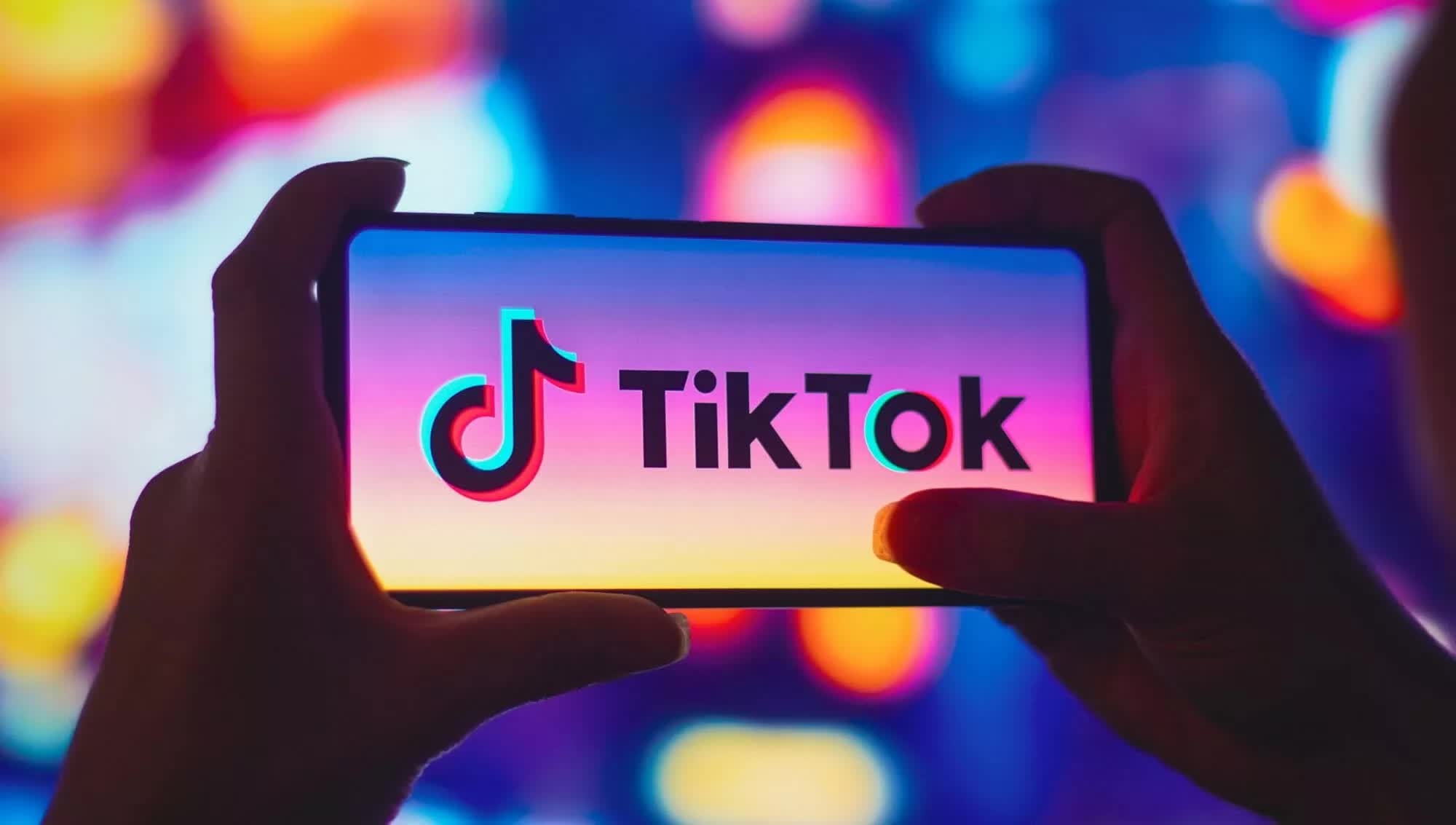In a nutshell: TikTok has disclosed that it offered the US government a "kill switch" back in 2022 to address concerns over data protection and national security. The ByteDance-owned app made this offer as part of its efforts to prevent a ban in the United States.
According to TikTok, the proposed "kill switch" would have given the US government the power to shut down the platform at its sole discretion if certain rules were not followed. These rules were outlined in a draft "National Security Agreement" that TikTok presented to the government in August 2022. The agreement also included provisions such as properly funding data protection units and ensuring that ByteDance did not have access to US users' data.
However, TikTok claims that despite its efforts to address government concerns, US officials ceased any substantive negotiations after the proposal was made. In a letter to the Department of Justice, TikTok's lawyer alleges that the government ignored requests for further meetings and did not respond to an invitation to inspect the company's Dedicated Transparency Center in Maryland.
The disclosure comes as TikTok and ByteDance begin their legal battle against legislation that would force the sale of the app's US assets or face a nationwide ban. The companies argue that the law is a significant departure from America's tradition of promoting an open internet and sets a dangerous precedent by targeting a specific platform.

The legal battle over TikTok's future in the US is set to intensify in the coming months. The US Court of Appeals for the District of Columbia will hold oral arguments on lawsuits filed by TikTok, ByteDance, and TikTok users in September. The legislation, signed by President Joe Biden in April, gives ByteDance until January 2025 to divest TikTok's US assets or face a ban.
Despite the growing pains, ByteDance continues to experiment in the social media space. The company is currently testing a new app called Whee, which offers a private photo-sharing experience similar to Instagram - although it's currently not available in the US.
The concerns over TikTok stem from the fear that the app could share data belonging to its 170 million US users with the Chinese government. TikTok has consistently denied these allegations, stating that US data does not leave the country and is overseen by American company Oracle through a deal called Project Texas.
To make matters worse, the issue has also entered the European political landscape. Last month, the president of the European Commission did not rule out the possibility of a similar ban on TikTok in Europe, citing security risks posed by the app.
